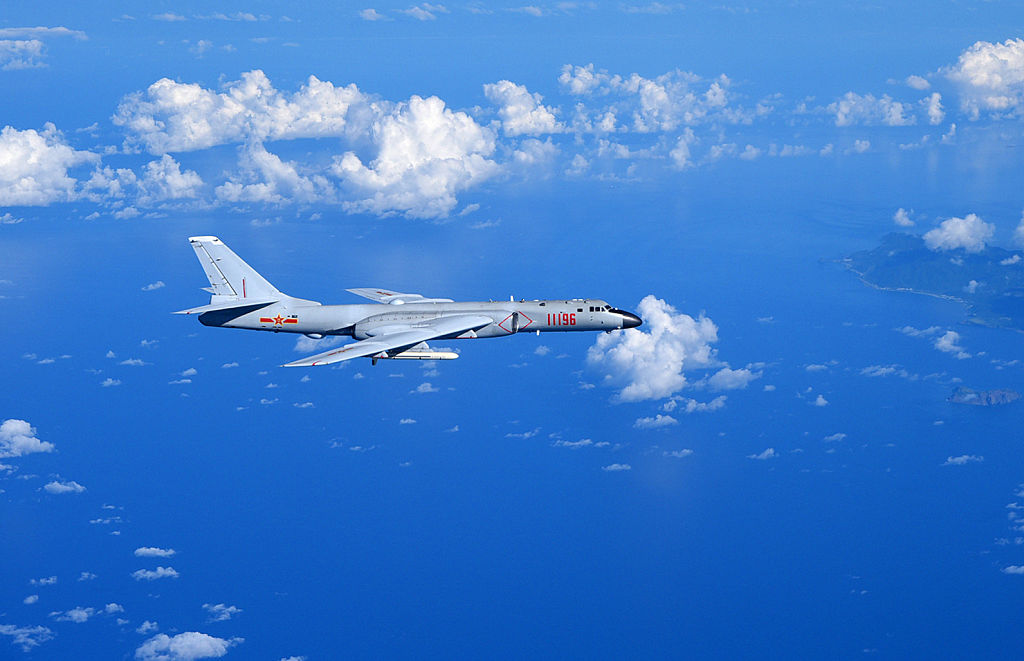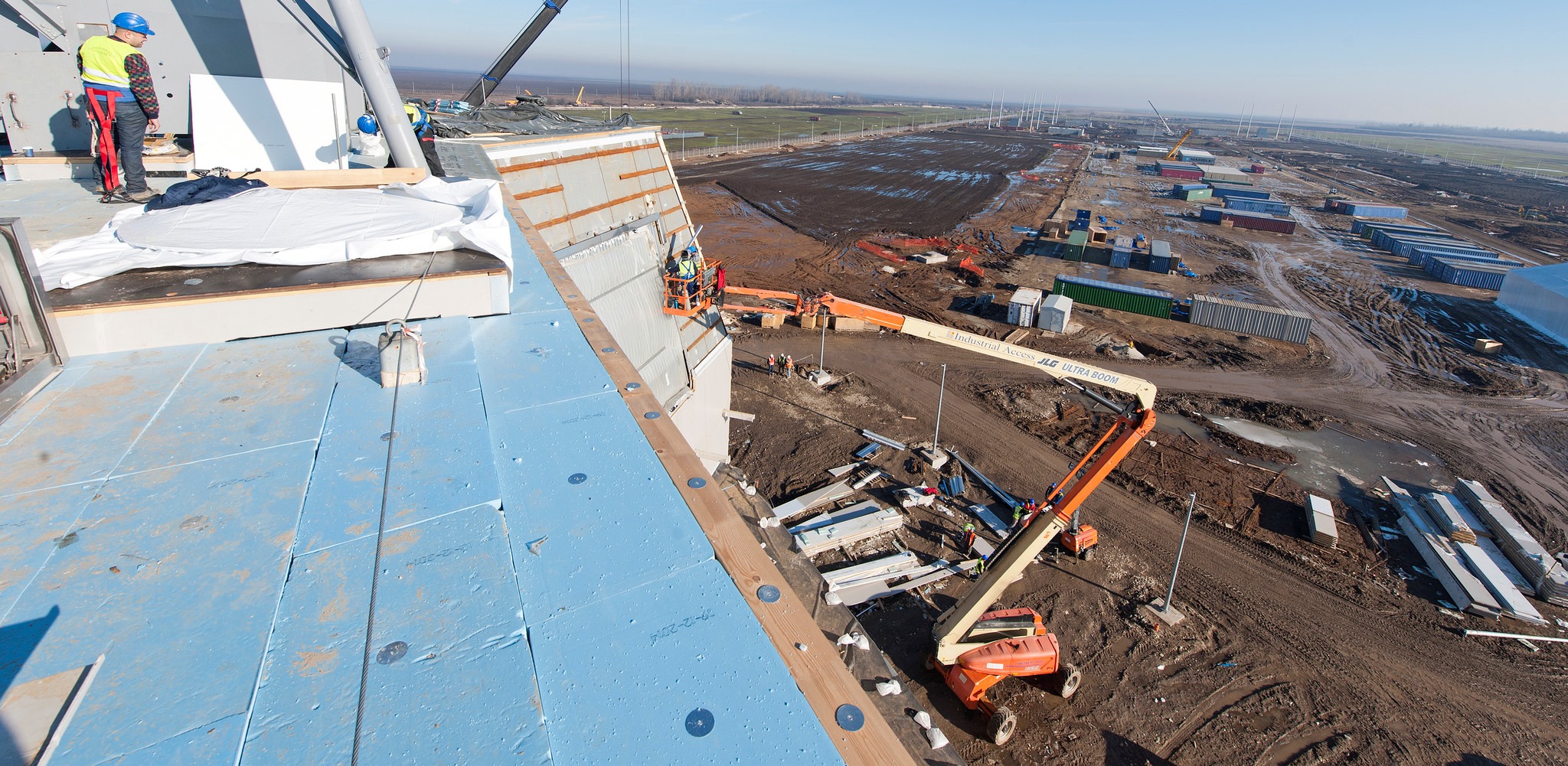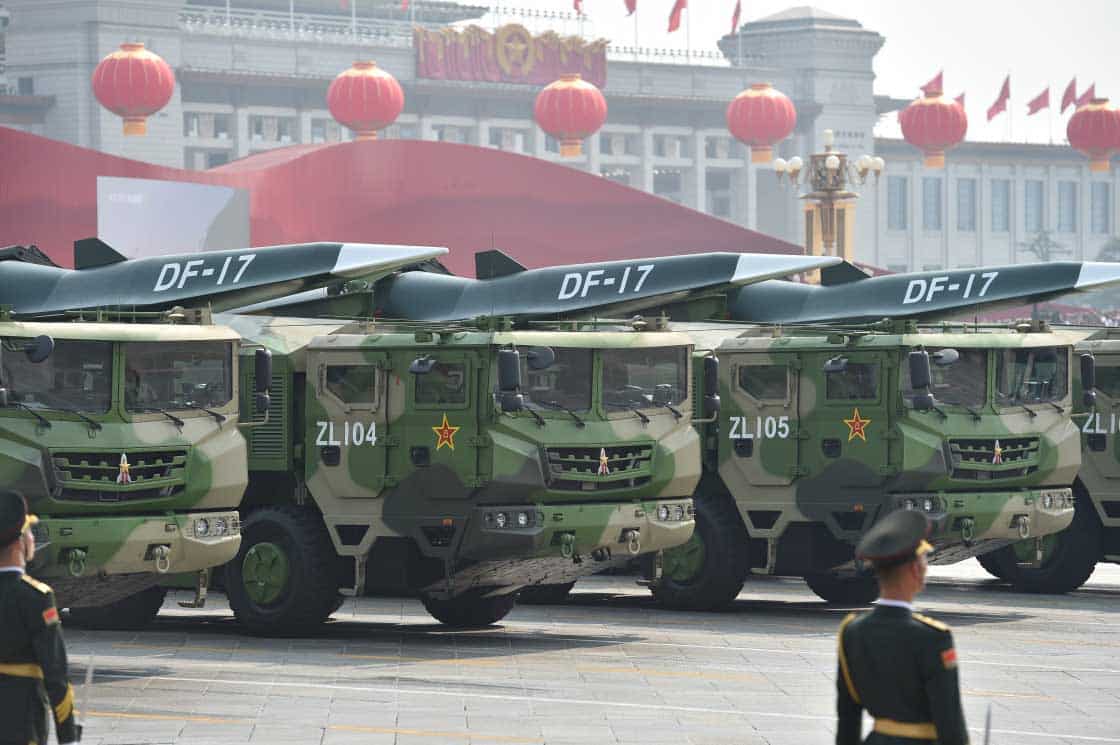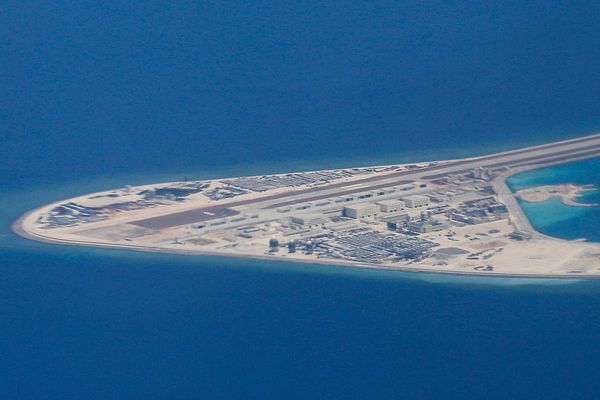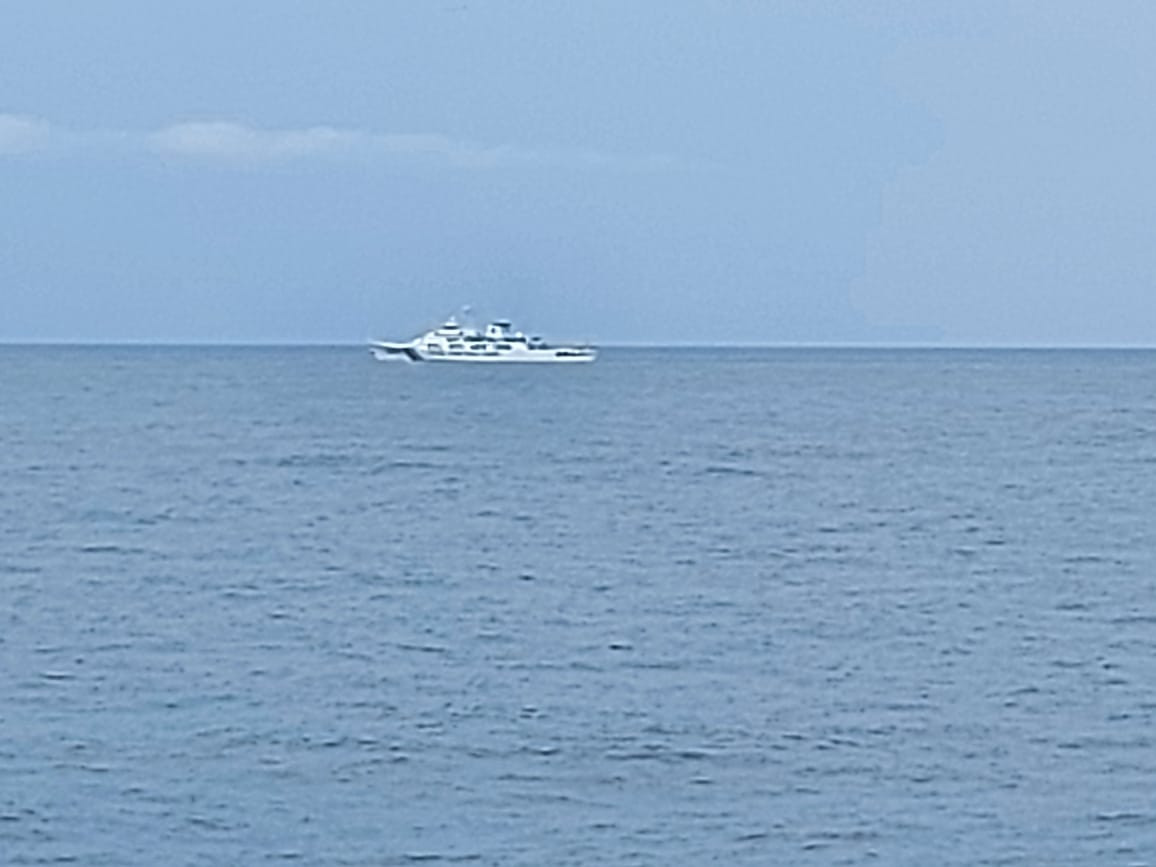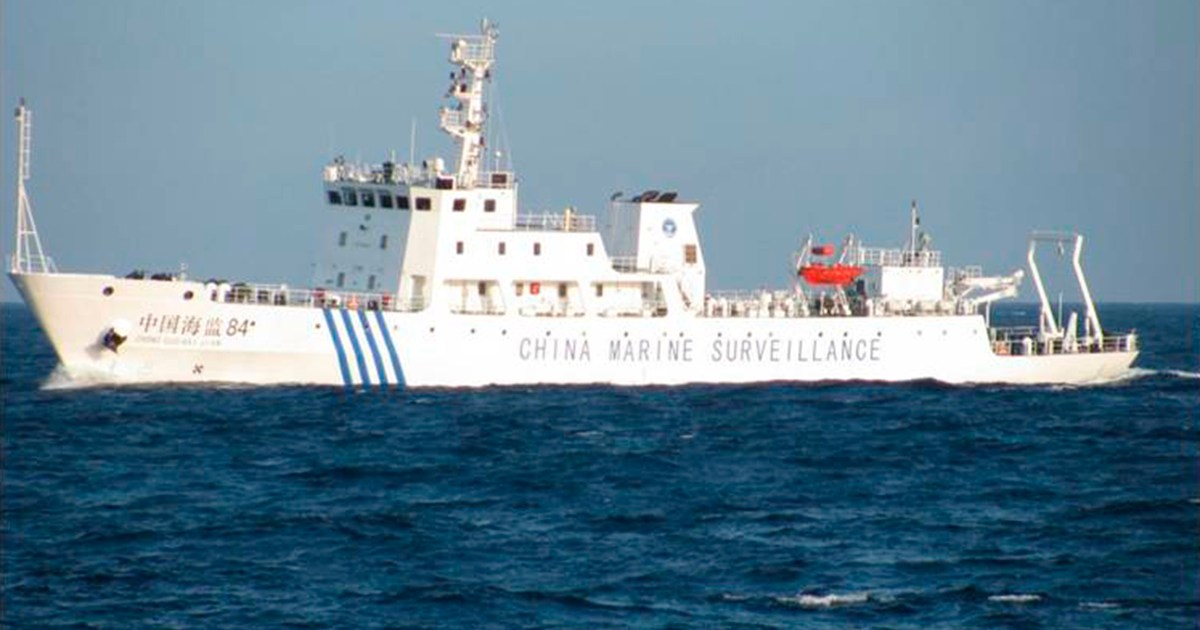Australia still has some cold war era planning and infrastructure in this space.
There is a huge bunker in the Sydney CBD, assessible through St. James station. Every high rise building in Australia has extensive underground carpark areas. Buildings in Australia are typically quite strong, with brick, or double brick being quite popular and steel frames and steel roofs. Australia high standards for flammability and bushfire preparedness probably are massive strengths in this area. Many homes have tank water. RFS/SES are exactly the sort of civilian organisations to deal with this on the ground. Our telecommunications networks are being upgraded to be more survivable of bushfires and outages. Older telecommunication infrastructure was very robust. Old exchanges etc were very solid buildings.
Older military facilities often have hardened aspects to them. Newer ones tend to be a bit more fragile. However, they are all designed to withstand bushfires and cyclones. Australia has a large network of widely dispersed bases. Melbourne is closer to Antarctica than it is to Darwin.
Most government buildings are overbuilt. Parliament house in Canberra is probably one of the most survivable places of government. With masses of steel, concrete, and built essentially underground.
In terms of active protection, its impossible to protect the entire continent. However, the continent has taken nuclear hits before. The reasons nuclear weapons testing was stopped at Emu fields was it was "too remote for nuclear testing". If they targeted JORN or the US communications base, few would know strikes have even occured.
Sydney would likely be protected from what ever was in FBE. Perth by FBW. There is talk about having some sort of fixed capability in Darwin.
In a recent Lowy Institute paper, the Center for New American Security’s Thomas Shugart warns that China is building up its military capacity to coerce Australia directly, particularly in the event of US strategic retrenchment ...

www.aspistrategist.org.au
China’s new islands and missiles have changed our regional strategic balance.

www.lowyinstitute.org
Either one Aegis ashore, or two or more THAAD. IMO If you were to put Aegis ashore in Australia, Darwin/Tindal are would be the location.
While I am not really into hardened aircraft hangars in Australia, Tindal is probably the only location that merits them, as its likely to become a very important hub in war time, and is the closest major base to China and her interests.
However, there is a lot of other base infrastructure to upgrade as well, all round the country. Typically that is how we have mitigated risk, through multiple bases far apart.
However, Australia is still very far away, very spread out and very low value targets. Very few missiles could reach Australia. Essentially no Chinese aircraft unless they are landing and refueling in Australia (even then its transport and similar). Most of the targets in Australia are further than continental US targets from China. Why target Sydney, when you could target the Boeing factory in Seattle? Why target Tindal when Guam/Hawaii is right there?
Australia is at that awkward range where its beyond most of their missiles, except their extreme range ones. Those extreme range missiles would be for high prize targets.
View attachment 48547
The People’s Republic of China is in the process of building and deploying a sophisticated and modern missile arsenal, though one shrouded in secrecy due to intentional ambiguity and unwillingness to enter arms control or other transparency agreements. Beijing features its missiles most...

missilethreat.csis.org
While China has some longer range missiles there are 10's of them and are ICBMs. Some other long range missiles are in development DF-31 (some ~25 launchers of all types and mods operational).
Things may change, but for the moment, Australia has some strategic depth. Closer countries are not in that situation. Australia is physically as far away from China as western Europe is. Italy and Greece are easier targets for Chinese attacks that even Darwin is.

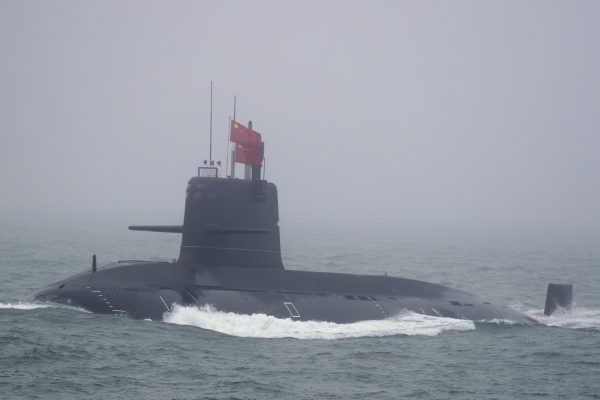

:quality(75)/https://silo.kompas.id/wp-content/uploads/2021/09/Picture1b_1631179579.png)

